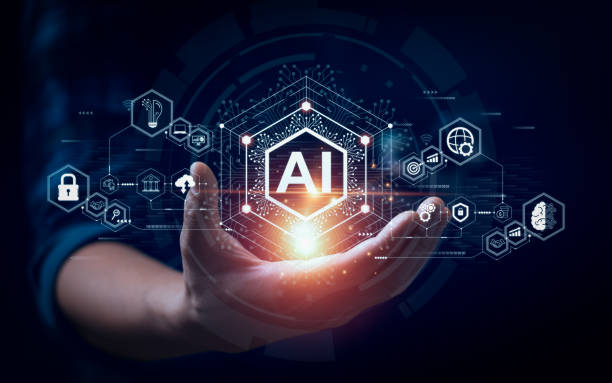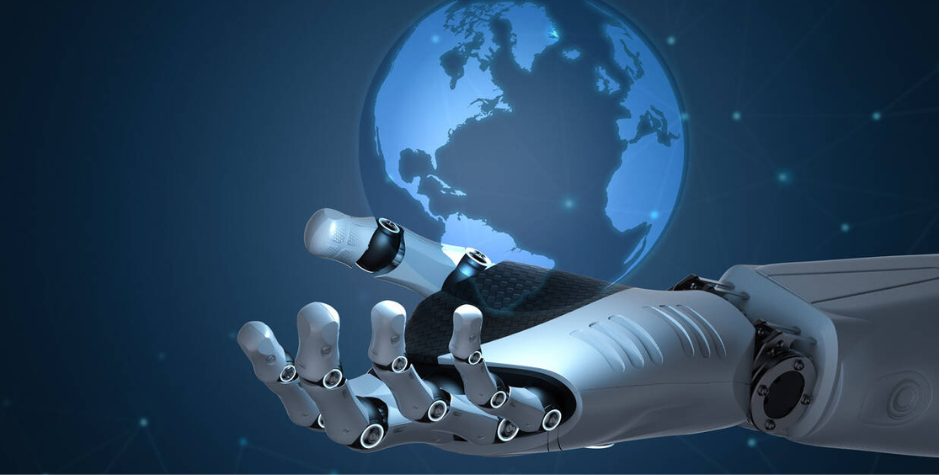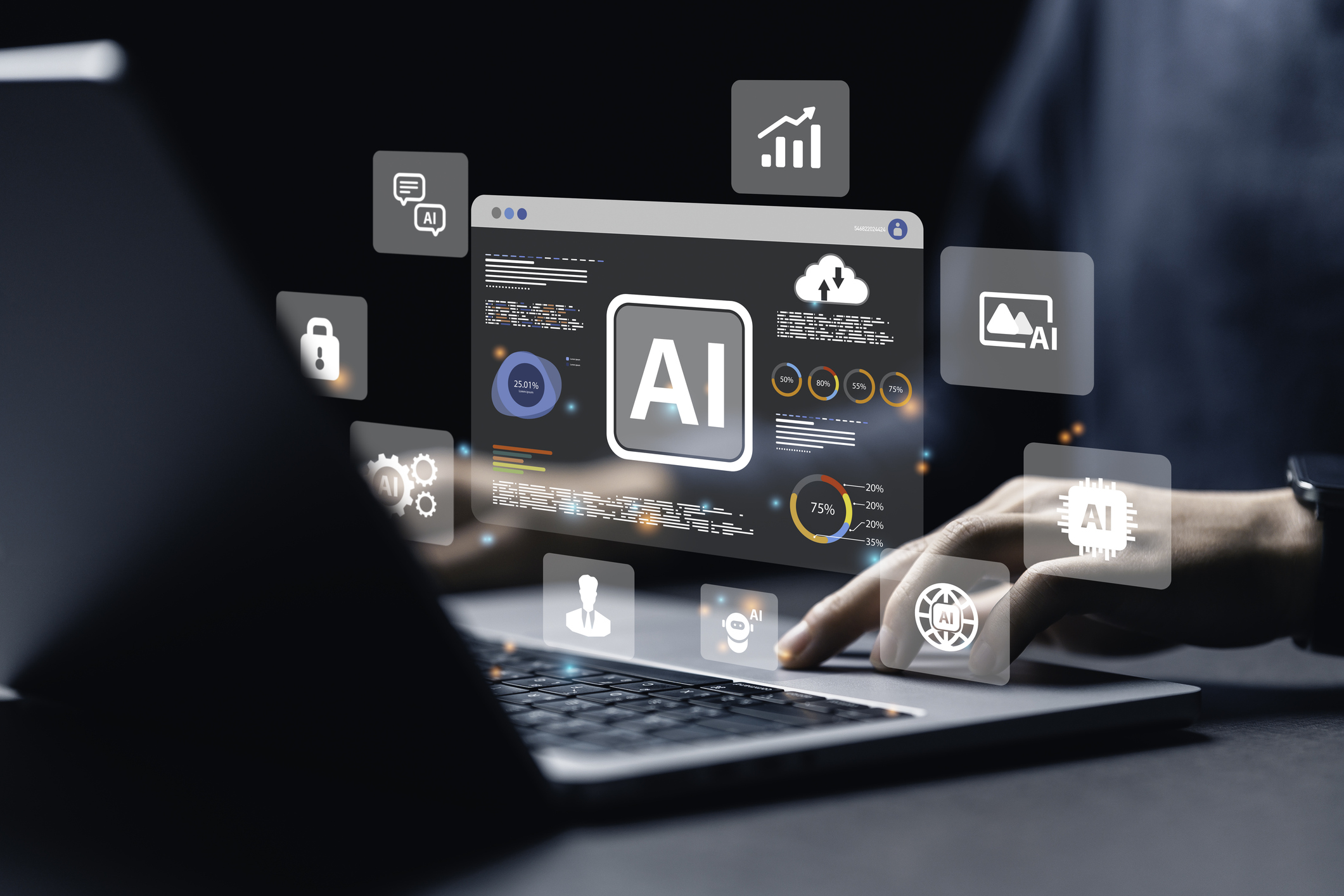What are artificial intelligence agents and why will they dominate the world?

If generative artificial intelligence (AI) sounds like a surprising technology to you, wait until you hear about AI agents, a disruptive application that is poised to become a central part of how we interact with technology and receive services in the near future.
This is no minor development: it represents a significant disruption in the use of artificial intelligence at the business and everyday levels, enabling businesses to leverage AI capable of understanding their work model, learning, and making autonomous decisions to improve processes and serve customers.
Unlike more conventional and well-known AI systems, which are often limited to performing specific tasks or responding to queries within predefined parameters, an AI agent is a program designed to perceive its environment, make decisions based on those perceptions, and execute actions to achieve a goal.
They operate with a degree of autonomy, learning and adapting over time through interactions and data. While they are created with a clear and precise objective (optimizing processes so that a customer can more easily purchase a product or service online, for example), their learning capacity and autonomy can even lead them to create other AI agents to improve a part of the process that requires automation.
According to Germán Borromei, president of Oracle Colombia, one of the companies that has invested the most in the cloud and developed AI technology in the country, this technology "is allowing employees to dedicate more time to work that truly generates value and propels their professional growth."

Photo: iStock
Its importance lies in this ability to operate more independently and proactively. While a chatbot like ChatGPT or Gemini can answer frequently asked questions following a script and instructions that must be very precise, an AI agent could, for example, handle an entire service request: from understanding the customer's need, through verifying data across different systems, to coordinating delivery or problem resolution—all without requiring constant human intervention at every step of the process.
It is allowing employees to dedicate more time to work that truly generates value and propels their professional growth.
The future of AI agents points to increasing sophistication. They are expected to integrate advanced capabilities such as reflection, which will allow them to evaluate their own actions and outcomes to improve their future performance, and "chain reasoning," which will enable them to approach complex problems through a logical sequence of steps, similar to human thought.
The importance of AI agents is evident in their potential to transform operational efficiency. By automating complex tasks that currently require human intervention or the coordination of multiple systems, they free up resources that can be dedicated to activities of greater strategic or creative value within organizations.
That's why, according to Oracle's Borromei, rather than a threat, AI agents "help reduce operational burdens, allowing people to focus on their talents, their development, and on making more meaningful contributions to their organizations."

. Photo: iStock
The disruption in the business use of AI will be profound. Companies will move from implementing AI solutions for isolated functions to integrating agents that act as true digital collaborators , capable of interacting with each other and with existing systems to execute complete workflows. This will impact diverse areas, from the supply chain to customer relationship management.
In the field of communication and customer service, AI agents will redefine the experience. Not only will they offer fast, personalized responses 24/7, but they will also be able to anticipate needs, proactively resolve problems, and even manage multimodal interactions, understanding and responding through text, voice, or even images.
In internal business processes, AI agents will take on roles that involve decision-making based on real-time data analysis. They will be able to manage inventories, optimize logistics routes, automate document management, or even assist in financial decision-making, operating with speed and accuracy that exceed human capabilities on a large scale.
Where will the challenge lie? In the transition to an environment where AI agents are ubiquitous, which will require adaptation by users and businesses, as a milestone in the evolution of artificial intelligence.

Photo: iStock
Reactive agents: They follow predefined rules and respond to commands without the ability to learn. They are ideal for repetitive tasks.
Proactive agents: use predictive algorithms to identify patterns without human intervention.
Hybrid agents: They combine the efficiency of reactive agents with the capabilities of proactive agents. They enable intelligent solutions to more complex situations.
Utility-based agents: They evaluate multiple options and select the best one. They are used in vehicle navigation, robotics, and financial markets.
eltiempo





